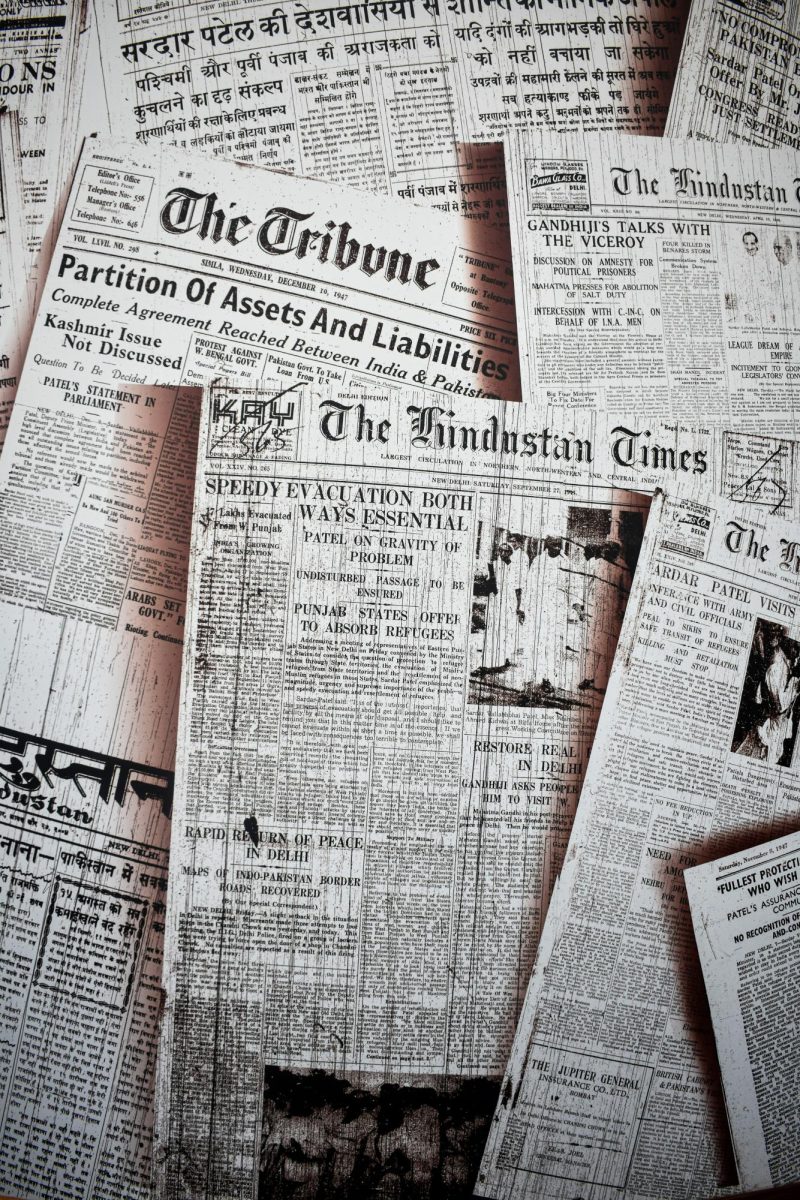By Meilan Solly
“Real women have curves.” It’s a popular refrain, heard in everything from articles denouncing the fashion industry to posts on social media. In a society where models and other skinny celebrities appear to possess the most coveted body type, many feel the need to stand up for women with curves. After all, “fat shaming,” or making fun of individuals because they are overweight, has become a common occurrence.
There is no doubt that fat shaming is a despicable practice – but many have come to realize this fact. Some, like Jennifer Lawrence, star of The Hunger Games, embrace their roles as body peace models. Others stand up for women who are not typically skinny by denouncing thinner women as waif-like or unattractive due to their lack of curves. This practice of insulting lean women has a name: skinny shaming. While skinny shaming is just as hurtful as fat shaming, it is commonly accepted and sometimes even encouraged. The reasons skinny shaming needs to stop should be obvious, but in case they are not, here are four.
4. Looking down on fat shaming while promoting skinny shaming allows for an unfair double standard.
By today’s standards, it is entirely unacceptable to walk up to an overweight person and say, “Hey, why are you so fat? You should eat less!” Doing so would be considered a social faux pas, with good reason. Yet somehow, saying the reverse of the above statement is accepted and even common. Every thin individual has heard the refrain “You’re so skinny. You should eat something.” What makes it okay to say one statement and not the other? Both unfairly judge individuals based on their weight, and include an assumption that weight is something entirely under one’s control.
3. Skinny ≠ Eating Disorder.
In one photo circulating around social media, three women are pictured. Below one woman is the label “huge.” Below another is the label “fat,” and below the third is the label “perfect.” The women labeled huge and fat obviously weigh more than the woman labeled perfect – but it’s no wonder. The “perfect” woman clearly suffers from an eating disorder. It is an absolutely unfair and incorrect generalization to say that society glorifies thinness to the point where people with eating disorders are considered perfect. This picture in itself promotes skinny shaming more than encouraging women to embrace their own bodies.
By presenting an unrealistic representation of society’s idea of perfection, this photo and others like it lead to demeaning comments towards thin women and generalizations that all skinny women have eating disorders. This is patently untrue, as some individuals have fast metabolisms or are unable to gain weight due to health issues. Other women are thin simply because they exercise often. While eating disorders and unhealthy eating are more common in the fashion industry, where thin girls form the majority, making generalizations about all skinny girls based on a small group simply doesn’t make sense. Just like many curvier women look the way they do because of genetics rather than unhealthy living, thin girls are not always such because they starve themselves.
2. Real women don’t *always* have curves.
Before you expound profusely on why women with curves are always better (author Emma Woolf, in an article entitled “Why is skinny-shaming OK, if fat-shaming is not?” already described a common argument – “’curves’ are sexier than skeletons”), take a second and think about it. There are over seven billion people on this planet. Some are tall, some are skinny, some are overweight. While one body type may be idealized above another, the reality is that people of every shape and size have found happiness with someone who accepts them for exactly who they are. Yes, there are many “real women” who have curves. But there are also “real women” who don’t. After all, what is this phrase even trying to say — that individuals without curves do not even qualify as females? There is no definite “real woman.” Everyone’s definition of a woman is different, encompassing a unique idea of beauty.
1. Body peace encapsulates every type of body – slim, overweight, obese – one type should never be better than another.
The main idea behind this column is that skinny shaming is not okay. Neither is fat shaming or any other type of weight shaming. The idea behind body peace campaigns such as the one launched by Dove and Seventeen magazine is acceptance of ALL body types. None are definitively better than the others, and any campaign to prove otherwise is unacceptable. Yes, fat shaming is still prevalent, but at least it has become less and less socially acceptable. Skinny shaming may not be as common as fat shaming, but the fact that it is widely accepted is of note. In the end, it comes down to this: glorifying curvy girls while debasing thin girls is just as bad as doing the opposite. Every individual should be accepted and celebrated for who they are, but not at the cost of another woman’s self-esteem.





